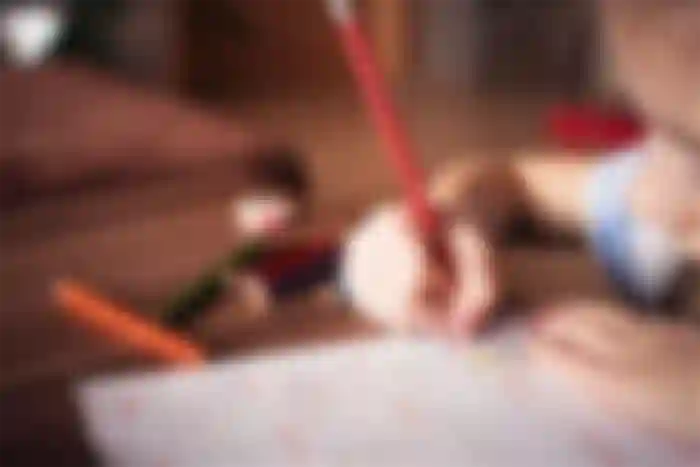
Philosophy of education is a label applied to the study of purposes, process, nature, and ideas of education.
It can be considered a branch of of both philosophy and education. Education can be defined as the teaching and learning of specific skills, and imparting of knowledge, judgement and wisdom, and is something broader than the social institution of education we often speak of.

Many educationalists consider it a weak and wooly field, too far from the practical applications of the real world to be useful. But philosophers dating back to Plato and the Ancient Greek have given the area much thought and emphasis, and there is little doubt that their work has helped shape the practice of education over the millennia.

Plato is the earliest important educational thinker, and education is an essential element in "The Republic" (his most important work on philosophy and Political Theory written around 360 BC). In it, he advocates some rather extreme methods: removing children from their mothers' care and raising them as wards of the state, and differentiating children suitable to the various castes, the highest receiving the most education, so that they could act as guardians of the city and care for less able.

He believed that education should be holistic, including facts, skills, physical discipline, music and art. Plato believed that talent and intelligence is not distributed genetically and thus found born to all classes, although his proposed system selective public education for an educated minority of the population does not really follow a democratic model.

Aristotle considered human nature, habit and reason to be equally important forces to be cultivated in education, the ultimate aim of which should be to produce good and virtuous citizens. He proposed that teachers should treat their students systematically, and that the repetition be used as a key tool to develop good habits, unlike Socrates' emphasis on questioning his listeners to bring out their own ideas.

He emphasized the balancing of theoretical and the practical aspects of subject taught, among which he explicitly mentions reading, writing, mathematics, music, physical education, literature, history, and a wide range of sciences, as well as play, which he also considered important.
Thanks for reading...





